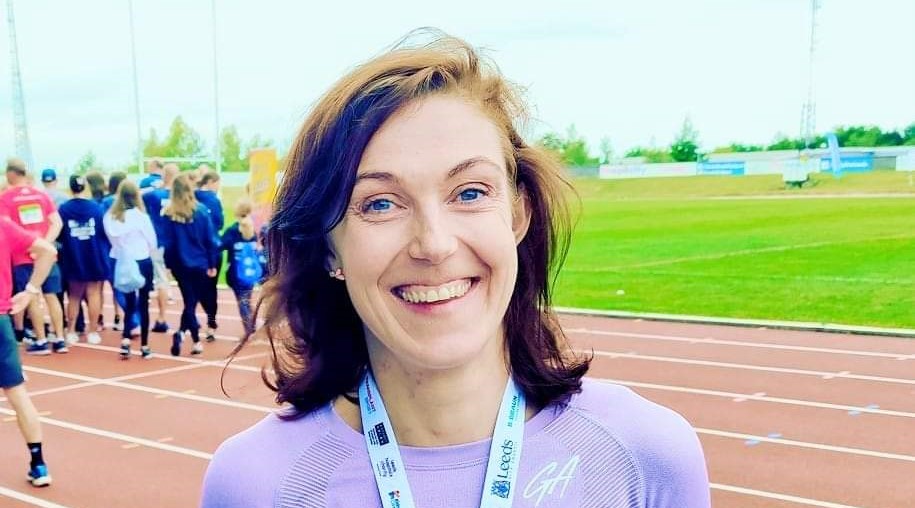
A Salford organ transplant survivor using her “last life” to represent Great Britain in the 2023 World Transplant Games, is hoping to spread awareness of the impact organ donors can make.
“If I was a cat, I reckon I would have used most of my nine lives by now,” said competitive runner and walker Lucy Ryan.
Lucy, a 32-year-old mature student at Salford University, theatre performer, “drama queen”, and sometimes delivery driver, has, for the past 29 years, made her own normality with a donated heart.
After complications at birth which led to a damaged heart valve, she was operated on and given a transplant at the age of two. A procedure which, in 1993, could not guarantee a patient’s survival.
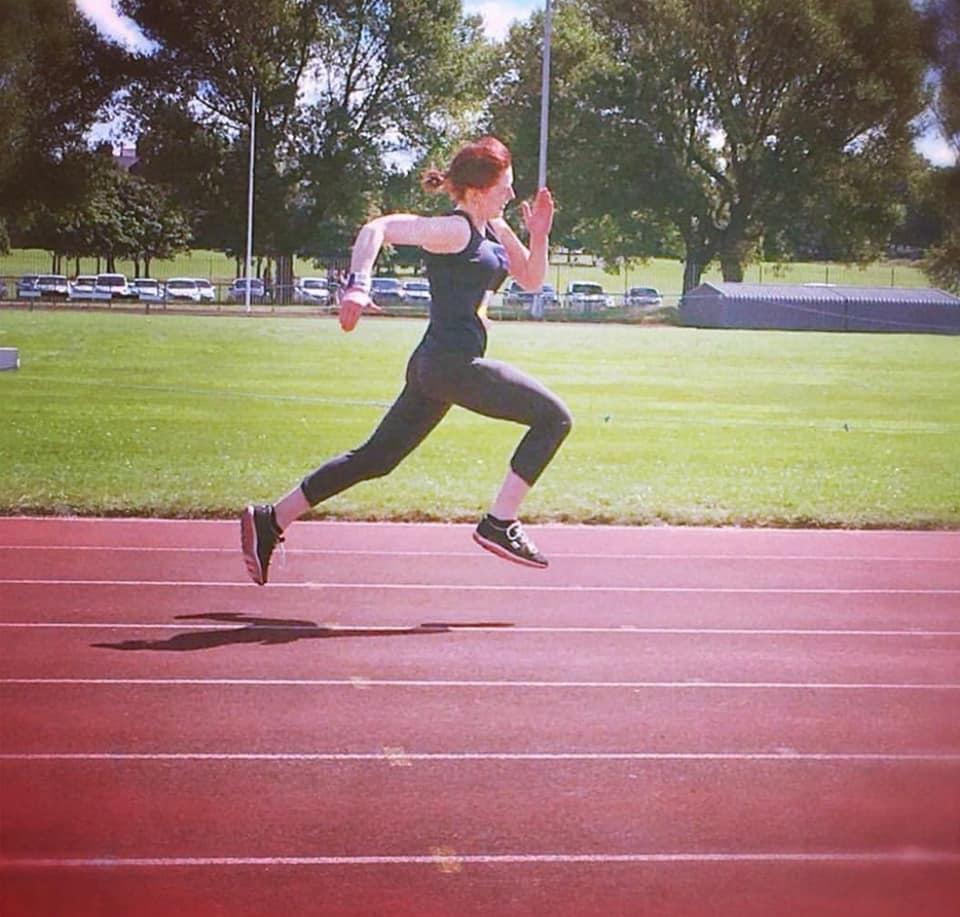
She said: “I’m very lucky that I don’t remember a lot of being ill as a child, because it was a month before my third birthday that I had the heart transplant. It was my poor parents who really had to go through everything. They were told that I might get five years, because they’d only been doing paediatric heart transplants in the UK for five years at that point.
“I was a bit like a guinea pig, because they didn’t know how the organs would grow with the body. It’s 29 years now and, touch wood, I’ve been very well. I started school when I was meant to at four and I’m able to do the sporting things I enjoy. It saved my life.”
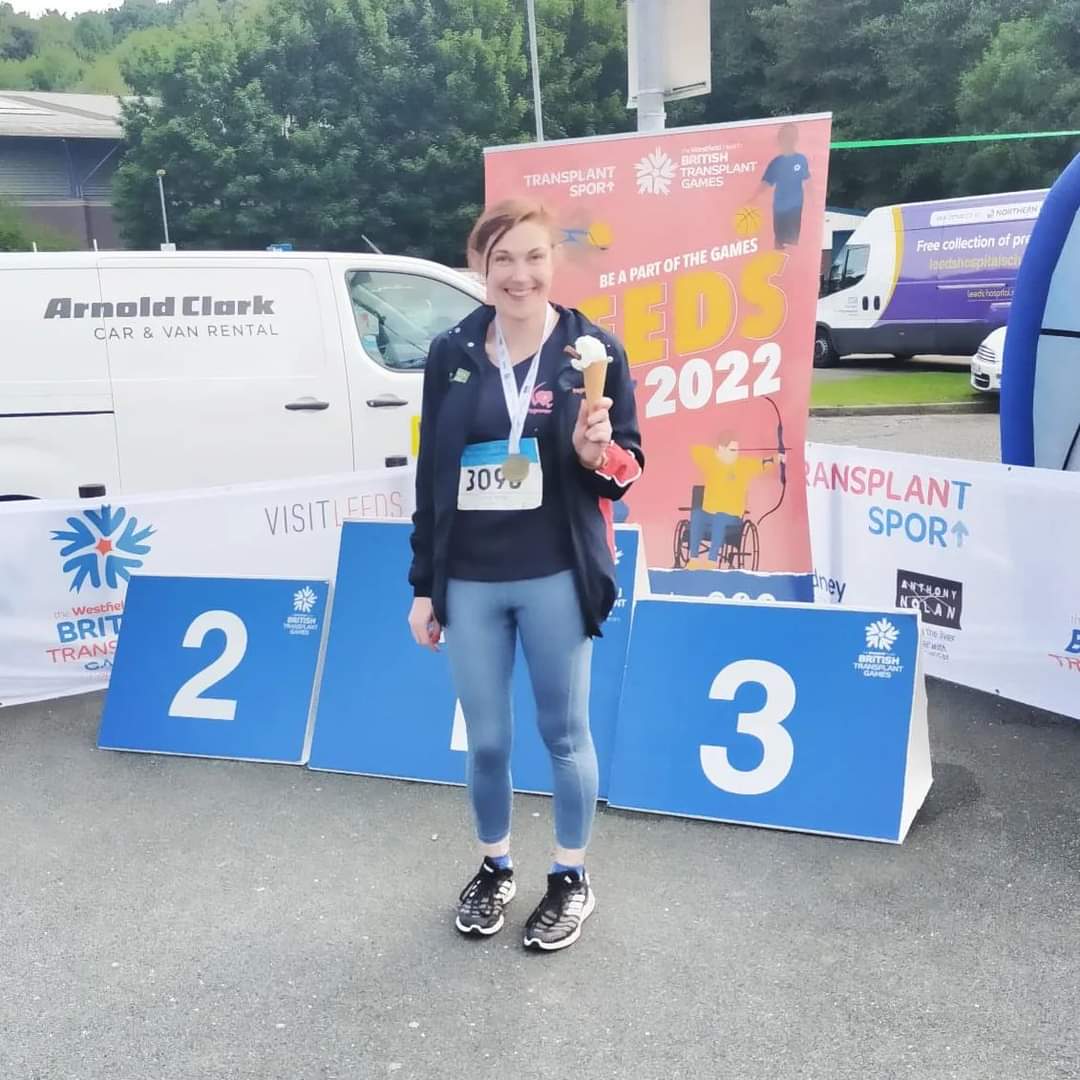
Now, at the age of 32 and living in Kersal, Lucy is one of the 150 people selected to represent Great Britain in the World Transplant Games. The games are set to take place April 2023 in Perth, Australia.
She said: “I’ve been doing it for 28 years and it’s taken this long. I was quite surprised. When you’re a kid the events are different, because you do things like obstacle race and stuff. But when I became an adult, I started doing the walking race just because I like going for long walks. So, it’s three kilometres and apparently my time for that is what got me into the world games.”
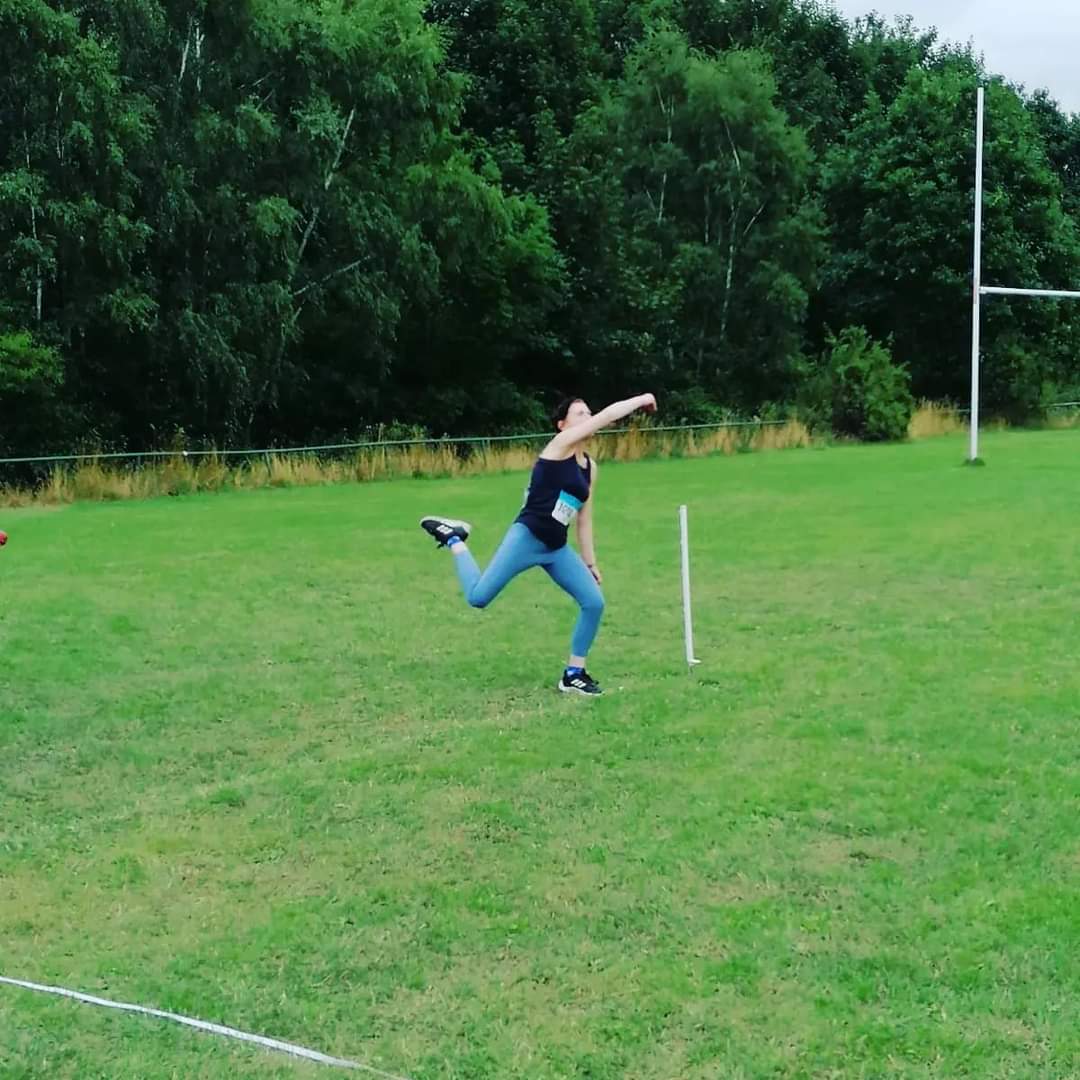
Lucy was comfortable in explaining how, because of the importance of her transplant, she adjusted normally to its needs. For this, she never stopped calling herself lucky, with a lack of complications, a loving family, and a strong desire to improve her athletic times, only making her healthy life evermore plentiful. Even if her training is affected in ways different to other athletes, she was blissful in not needing to envision a life without the transplant.
She said: “It’s hard to know what life would be like if I hadn’t need a transplant. But I think, especially for heart transplants with the sprints, people say we should do the run before we do the sprint, because your heart is a bit slow to realise it needs to speed up.
“By the time you finish the sprint, it often goes, ‘Oh, I need to beat faster’. So, whereas someone who hadn’t had a transplant their heart would, I guess almost immediately start responding to the fact that you’re doing very high intensity exercise.”
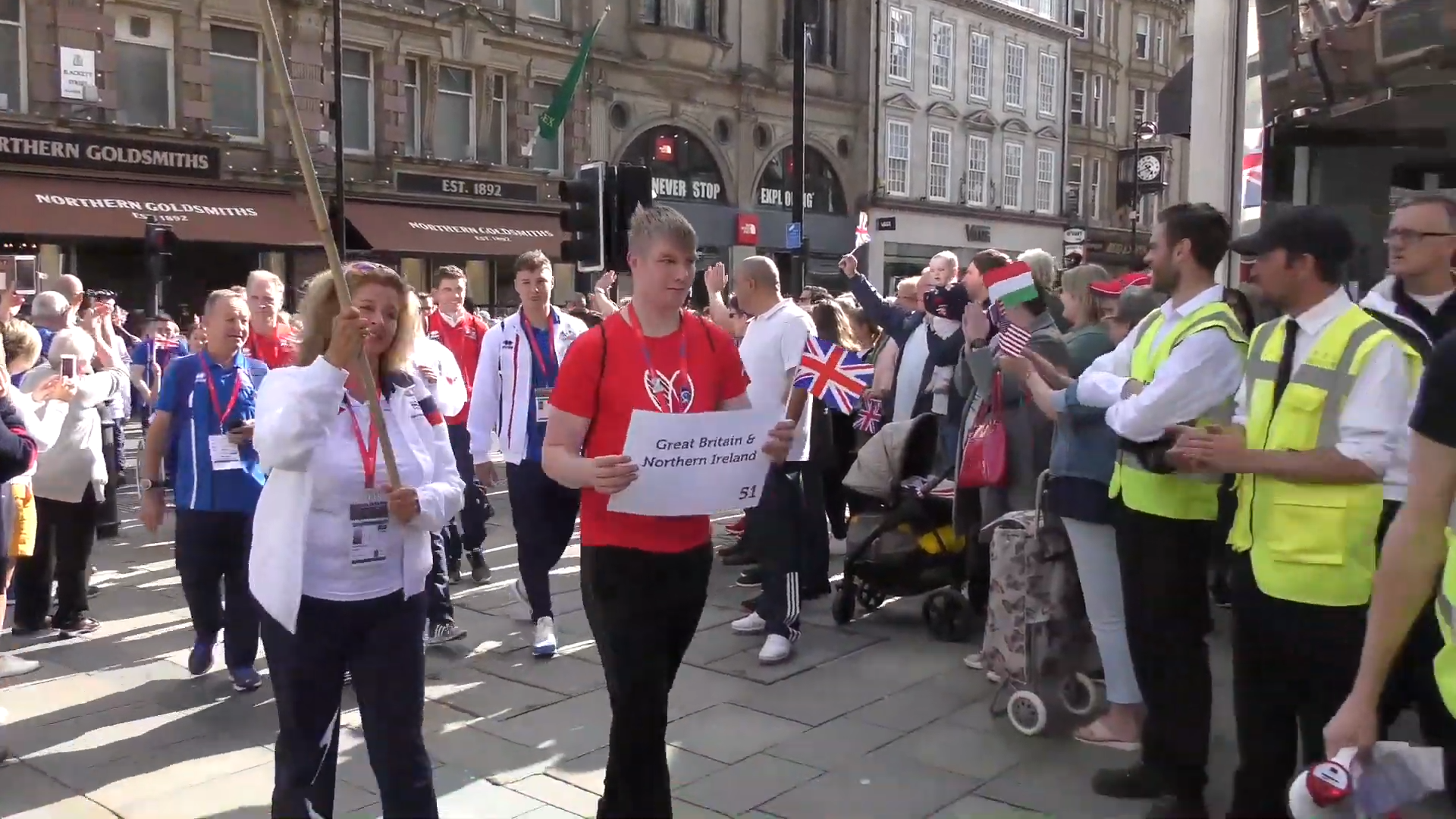
Returning in 2023 after its cancellation in 2021 due to Covid, The World Transplant Games is a sporting event that happens once every two years, with transplant survivors from 60 different countries competing in athletic challenges. Regarded as a prestigious competition, the games are a gateway for awareness into what donor’s contributions mean to the world. Anyone from the ages of four to 80 can enter.
Lucy qualified after for the games after her triumphs in the British Transplant Games, an event that she started to attend at the age of four. She was modest and never gave herself enough credit in winning multiple long jumps competitions, walk races, 100 metres races, and other sports in her age categories.
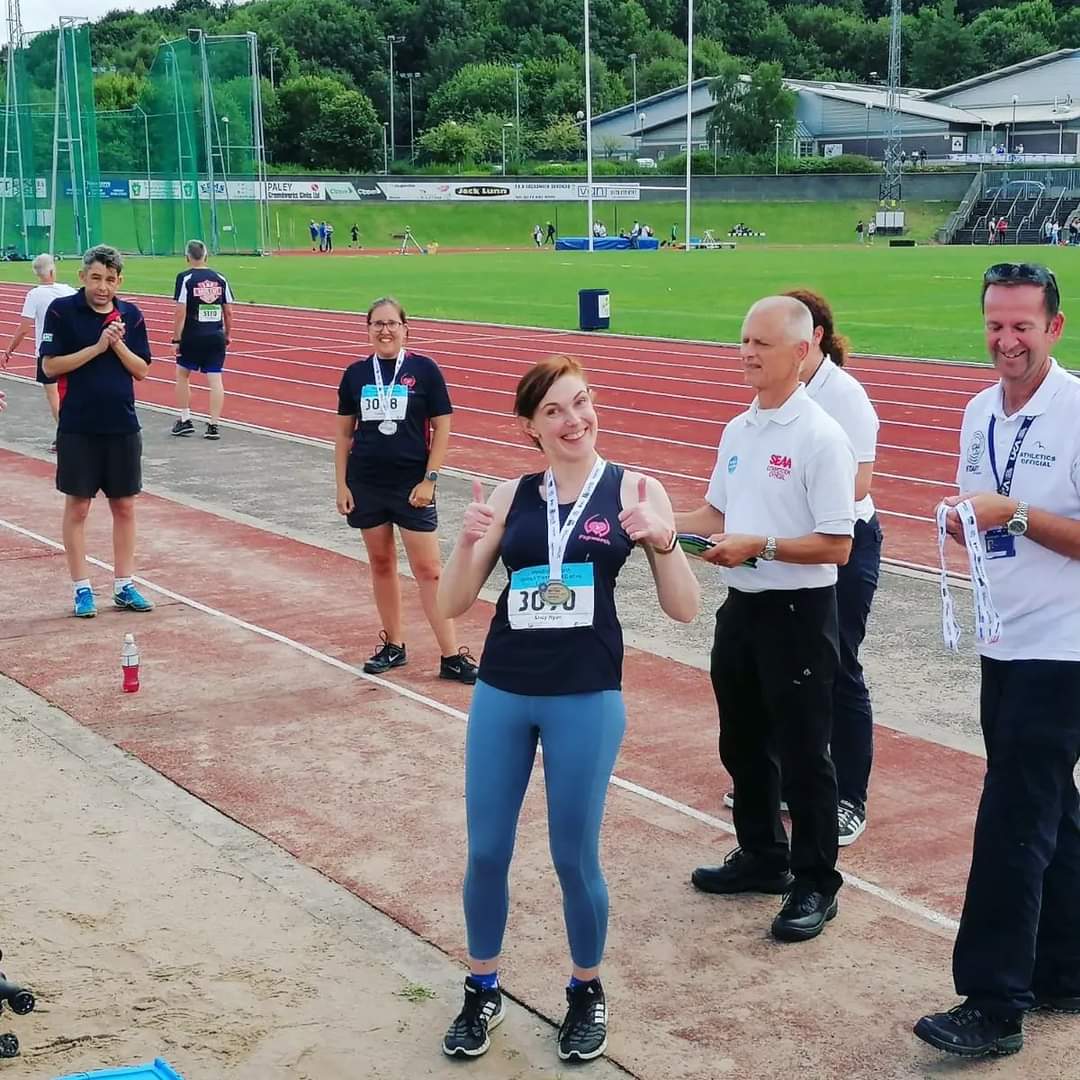
It was a 22-minute time in a 3 kilometre walk what finally got her into the World Transplant Games. She has signed up to represent Great Britain in the 3-kilometre walk, the 100-metre sprint, and the ball throw competition.
She said: “Being in the world games, you actually have to be quite good at what you’re doing to get in.
“…It does feel a bit surreal, especially because I would be competing during my 30th heart transplant anniversary. I think it makes my brain hurt, because now I’m competing for Great Britain but 30 years ago another family thought of someone else in their horrible time.”
The games are not about winning or losing medals, but rather about celebrating the lives that donors can save, and how those lives achieve to push themselves to fantastic lengths of strength and endurance. She said: “Everyone says that ‘it’s the taking part that counts’ and it really is, because some people I’ve run against literally couldn’t get our bed like the year before. So, the fact they can even like run 100 metres is amazing…
“All those people are going because someone donated an organ, which is pretty insane. Like they wouldn’t happen without the donors. So, I think it’s a really good way of just raising awareness of organ donation and like how amazing that can be.”
During our conversation, Lucy repeated the importance of awareness. Not just about what donors have brought to people’s lives, but also how important it is for more people, if they can, to become future donors.
She said: “It is important for people to discuss with their loved ones whether they’d want to be a donor or not, because there are awful circumstances where a lot of people who can donate their organs die in sudden unexpected circumstances. And often they’ve never talked about what they would have wanted. So even if it (the games) just prompts people to have that quite morbid, but necessary, conversation, then that’d be great.”
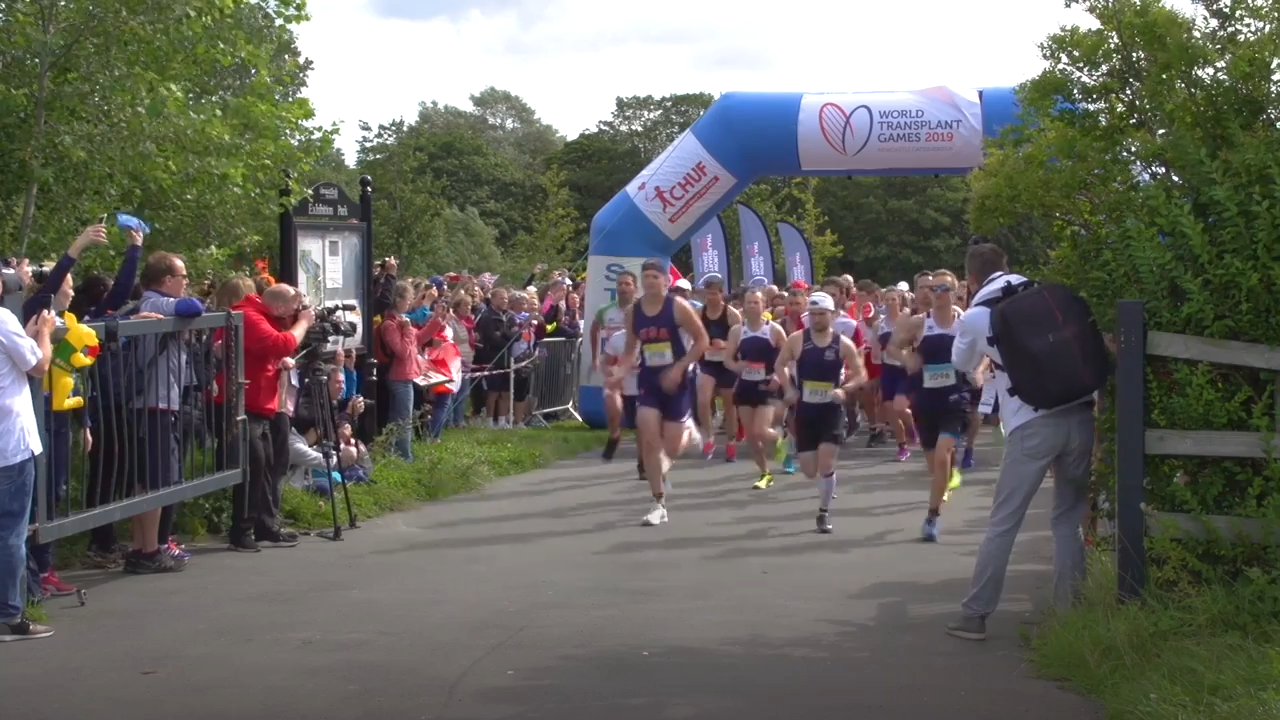
In a statement, Lynne Holt, manager for the Great Britain team, said: “We are delighted to be demonstrating the benefits of transplantation. We aim to exceed the gold medals won at the 2019 World Transplant Games in Newcastle and to win the trophy for the best team. These Games certainly deserve the same recognition as the Olympic and Para Olympic Games.
“It is always a little daunting competing at the World Transplant Games, but with the help of those who have been before, together with the coaches, captains, management, medical and physio teams, the experience will be a rewarding one for all involved. All these incredible people are Transplant Sport volunteers and give their time freely – without them the Games wouldn’t be possible.”
To support Lucy and her journey to joining the Great Britain team in 2023, go to her GoFundMe page. All proceeds are to help her travel to Australia and be able to compete in the games.












Recent Comments